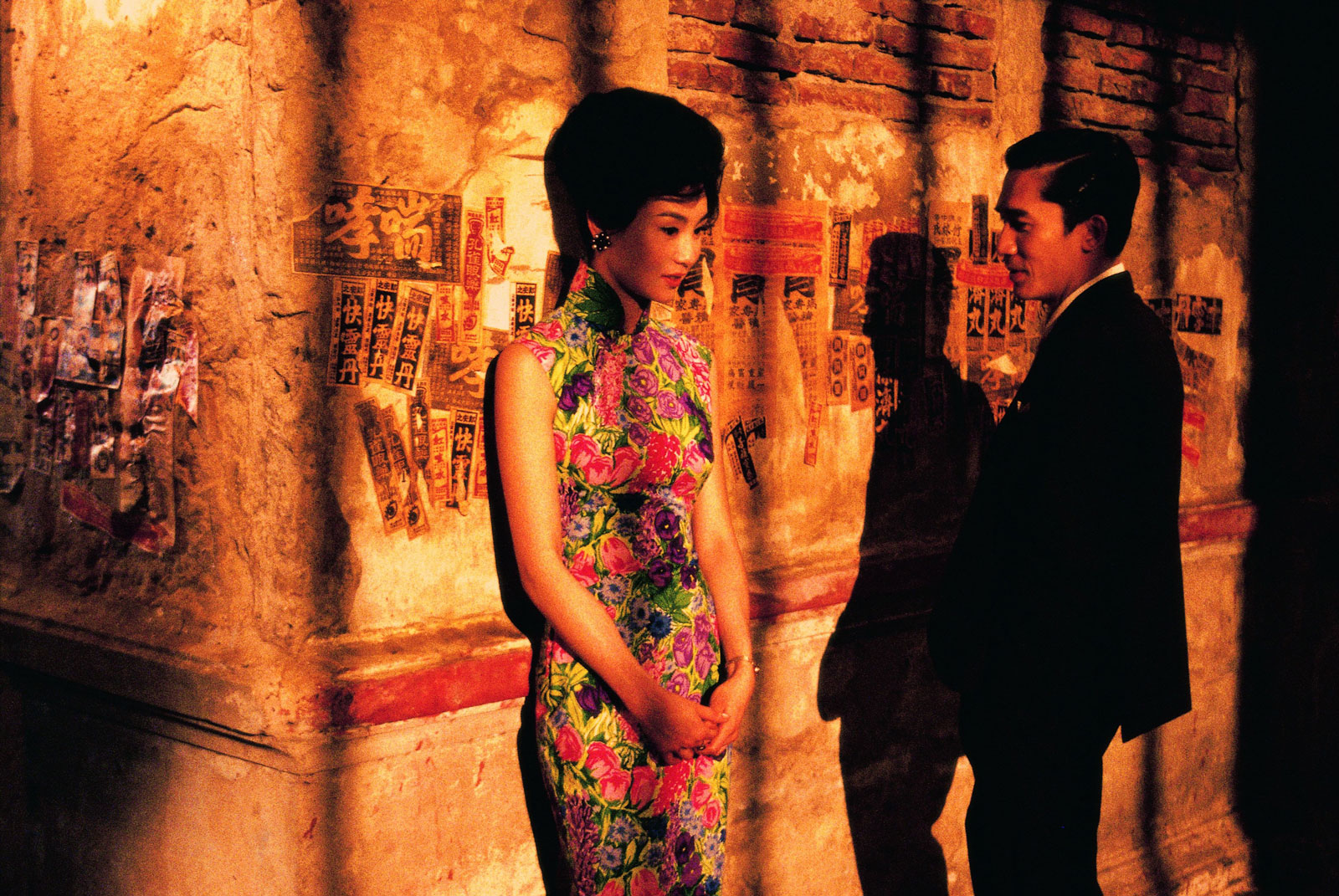

 If you had to choose one filmmaker working in Hong Kong today that has the requisite critical stroke to win the Academy Award® for best foreign film, Wong Kar-Wai would be the guy. As the man responsible for art house favorites like Chungking Express, Happy Together, Days of Being Wild, and Fallen Angels, Wong is easily Hong Kong’s most respected talent on the world stage. What’s more, if there were any sort of justice in this world, In The Mood For Love would be the film to get him the trophy.
If you had to choose one filmmaker working in Hong Kong today that has the requisite critical stroke to win the Academy Award® for best foreign film, Wong Kar-Wai would be the guy. As the man responsible for art house favorites like Chungking Express, Happy Together, Days of Being Wild, and Fallen Angels, Wong is easily Hong Kong’s most respected talent on the world stage. What’s more, if there were any sort of justice in this world, In The Mood For Love would be the film to get him the trophy.
Unfortunately, like the Brooklyn Dodgers in the 40s and 50s, Wong and Hong Kong will have to “wait ’til next year” and, if you ask me, that’s a shame. For whatever reason, Hong Kong has yet to produce a nominated film and if this film wasn’t able to capitalize on its showing at Cannes (it was nominated for the Palm D’or, won the Grand Prix Du Technique and Tony Leung Chiu-Wai won Best Actor) I’m not sure what they need to do to get some play from the Academy.
Anyway, regardless of what the Oscar® folks think (screw them anyway), this is one of the best films of recent vintage. Eschewing his normal, oftentimes confusing, super-experimental style, Wong here delivers as close to a standard film as he’s likely to produce and the result is a tight, lyrical masterpiece. Mind you, by “standard” I don’t mean run-of-the-mill. In the Mood For Love is extraordinary . It’s just that the music- video- meets- French- New- Wave style with which Wong earned his “art house” chops is softened, and the result is a more coherent, almost traditional, narrative film. It still possesses many of the traits that make Wong special; great music, a unique take on life, an indisputable cleverness and a quirky, well- timed sense of humor. What’s missing may be just as important however as it’s the absence of cinematic chicanery like step framing, shaky handheld work, and any of the other tricks Wong has played with in the past that allows these other strengths to come to the forefront. This is an interesting step for Wong, a filmmaker whose daring is as important as his actual results sometimes, and the success of it makes me even more interested to see what he’s going to come up with in the future.
Wong, as usual, also has a wonderfully talented group of people helping him realize his vision, and they bring much to the table. The two stars, Maggie Cheung and Tony Leung are both excellent, weaving their way skillfully through this subtle, yet powerful tale of love and longing. William Chang Suk-Ping, a man who wore three hats on the production- Production Designer; Costume Designer and Editor, proves his worth in all three roles, providing a wistful, nostalgic recreation of 1960s Hong Kong with the costuming and sets and a perfectly minimalist hand as the editor. Also, Christopher Doyle (longtime Wong collaborator) and Mark Lee Ping-Bin, who shared the job of Director of Photography, both deserve immense praise for their work on this film. Overall it’s exquisite visually and some of the individual scenes, like the finale filmed on location at Angkor Wat, are perfect examples of the beauty that talented folks can coax out of the moving image.
All in all, a special film from one of the world’s most intriguing directors.
Most highly recommended.
This review was originally published in Boston's Weekly Dig (now digBoston) in 2001